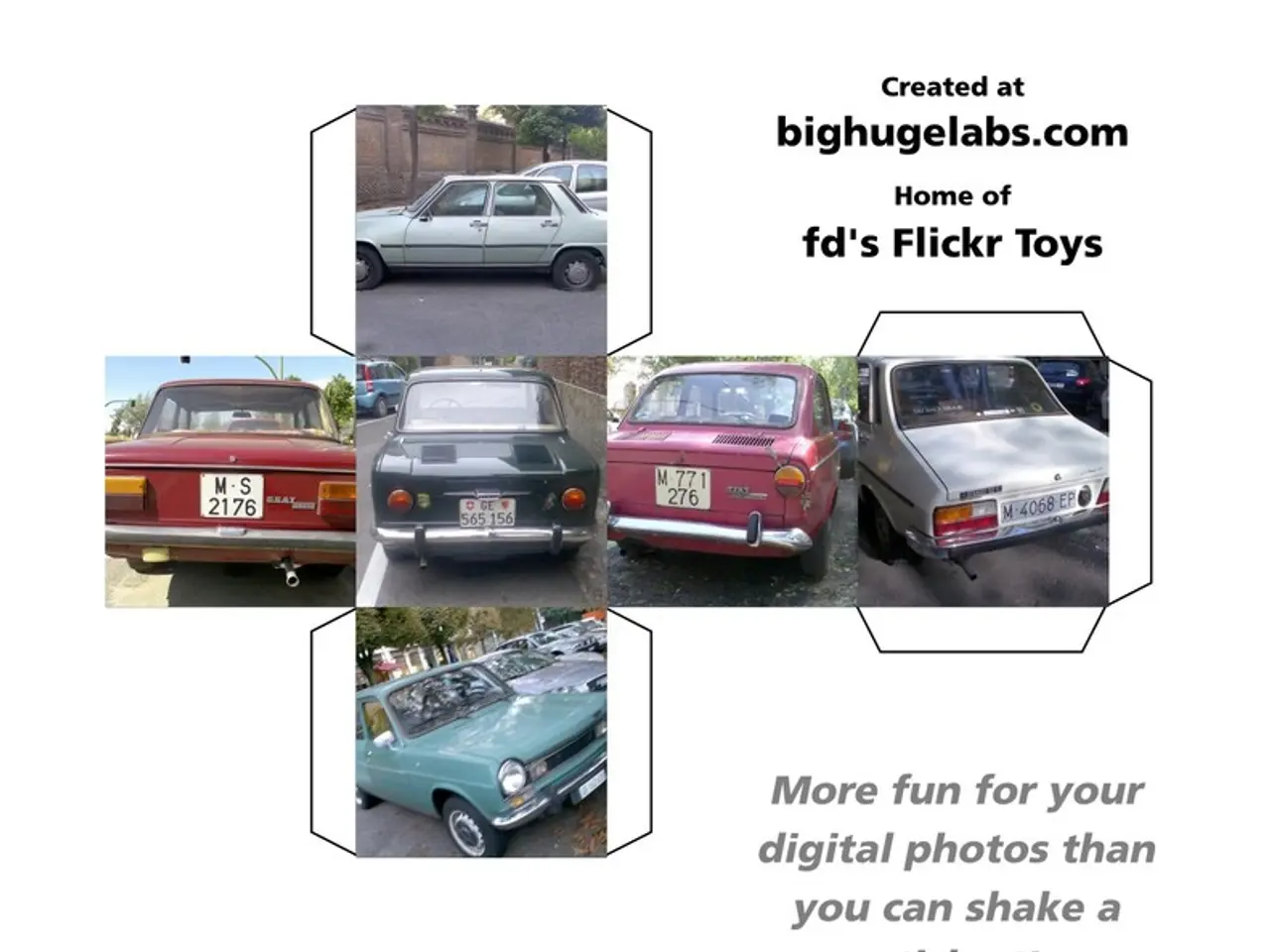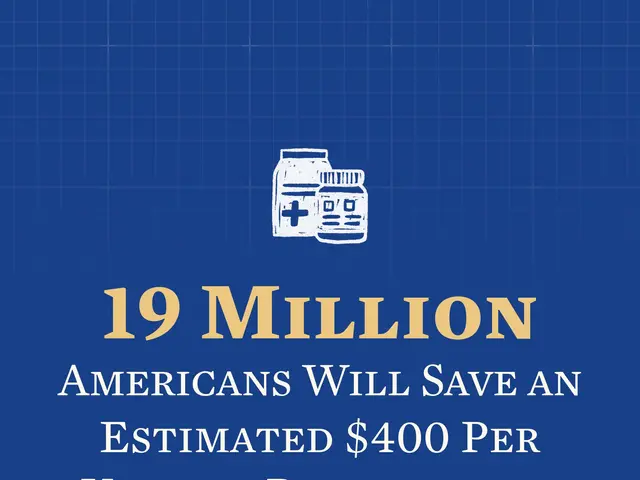Auto Industry Leadership Admits to Seven Challenges They Are Dealing With
The Japan Automobile Manufacturers Association (JAMA) has outlined its strategy to tackle the seven most pressing issues facing the auto industry. These challenges, identified by the new leadership team under Chairman Masanori Katayama (Isuzu), were presented at a press conference held on March 22, 2024.
The Seven Key Issues
- Trade Tariffs and Protectionism: JAMA is actively engaging in trade negotiations with U.S. officials, seeking tariff reductions and fair treatment for Japanese automakers.
- Regulatory Changes and Environmental Standards: The association is lobbying for regulatory flexibility, such as spreading CO2 targets over multiple years and allowing compliance averaging, to ease compliance burdens and encourage steady electric vehicle (EV) adoption.
- Global Market Competition and Supply Chain Resilience: JAMA members are balancing cost-cutting and strengthening product lineups, including hybrids, to maintain market presence, especially in the critical U.S. market.
- Research and Development Investment: JAMA members are investing heavily in R&D to drive innovation and competitive advantage in a rapidly changing industry landscape.
- Negotiation and Diplomatic Efforts with Trade Partners: JAMA is emphasising the importance of ongoing diplomatic efforts with trade partners, especially the U.S., to resolve trade disputes through negotiation rather than unilateral tariffs, preserving mutual trust and economic relations.
- Economic Uncertainty and Strategic Technology Adoption: JAMA encourages its members to invest strategically in technology and innovation to build resilience and seize opportunities amid downturns.
- Sustaining Long-Term Industry Growth: The leadership is focusing on ensuring sustainable growth by advocating for policies that support EV market expansion and global competitiveness while managing transition costs.
Addressing Each Challenge
JAMA is addressing these issues through a combination of advocacy for flexible regulation, active trade diplomacy, robust investment in innovation, strategic product development, and adaptive economic strategies.
Chairman Katayama is personally responsible for enhancing value and efficiency in logistics, commerce, and mobility. JAMA will work with the Japan Auto Parts Industries Association to ensure that all member companies consult with partners during price negotiations and adhere to guidelines for passing on shifting labor costs in pricing.
The chairman is also exploring ways to help solve issues related to the 2024 logistics problem, including through data collaboration and the use of autonomous driving. The chairman is addressing the other issues in joint ownership with the vice chairmen, aiming to coordinate their areas and speed up an all-Japan effort that extends beyond the auto industry.
In addition, JAMA members will continue striving for growth, employment, and the sharing of profits while strengthening business practices to ensure price increases are passed on fairly throughout the supply chain.
Response to the Noto Peninsula Earthquake
At the press conference, Chairman Katayama expressed condolences for the victims of the Noto Peninsula Earthquake and pledged to provide assistance to disaster-stricken areas. JAMA is working with national government ministries and local authorities in the affected region to provide aid.
The Japan Automobile Manufacturers Association is taking urgent steps to address these challenges and contribute to the sustainable growth and development of the Japanese auto industry.
In light of the strategies outlined by JAMA, the association will engage in dialogues with U.S. officials to discuss financial aspects of trade and seek fair treatment for Japanese automakers in the ever-evolving aerospace sector. The chairman, Masanori Katayama, will also work to improve logistics efficiency in the industry, making it more competitive on a global scale.








